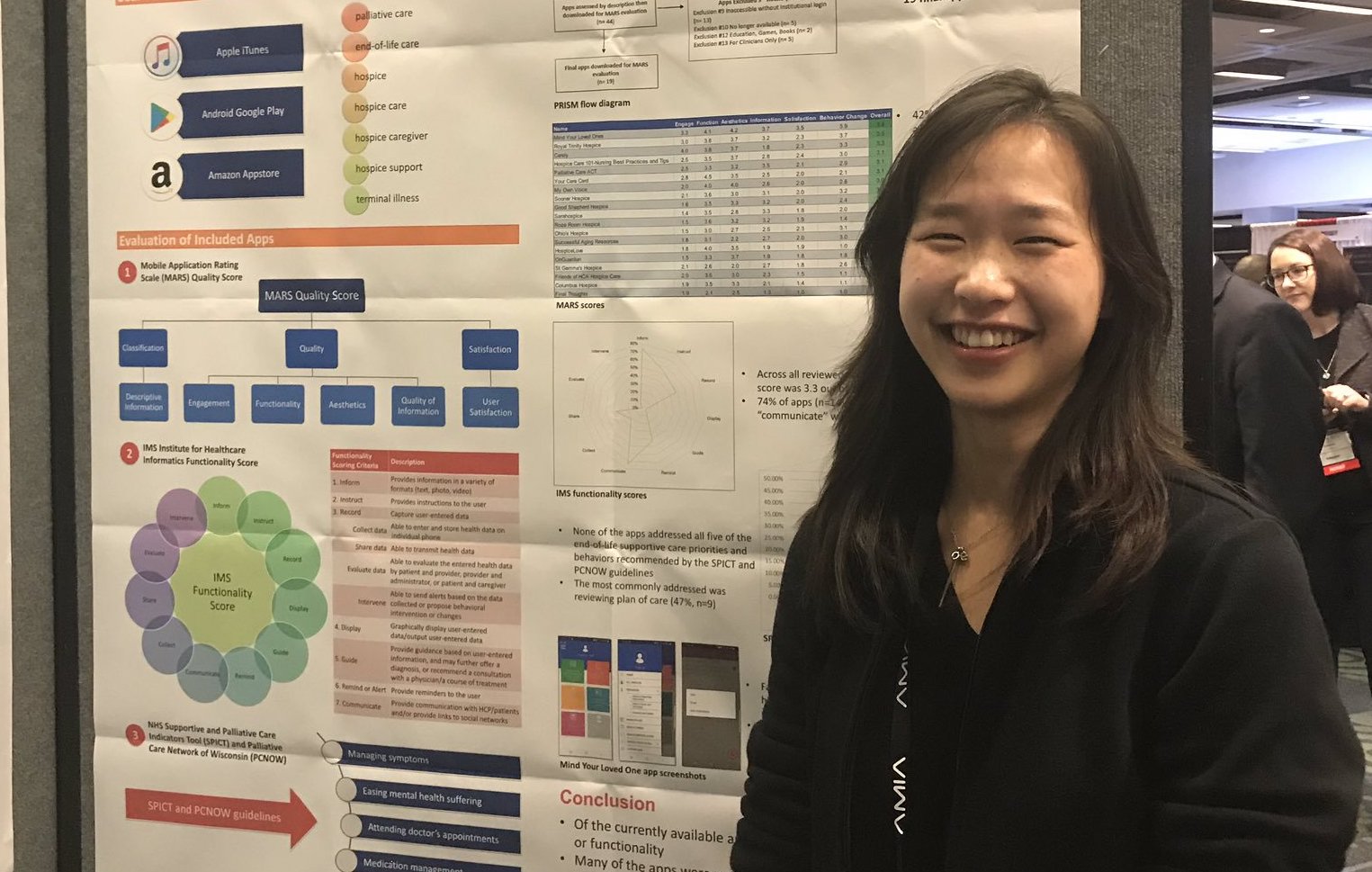Why did you choose Healthcare Policy & Research for your graduate studies?
I wanted to learn more about health information and technology and how we could utilize HIT to better serve the patients and clinicians I worked with each day. So when I was introduced to the Health Informatics (HI) track within the Healthcare Policy & Research (HPR) department, it seemed to be the perfect fit. With the capstone project, offering of various courses, the 2-year timeline for the part-time program, and the fact that there even was a part-time program offered at all by Weill Cornell, I decided to join while continuing to work full time.
What sets your program apart from others?
As I mentioned above, the ability to gain experience from working on a capstone project with a healthcare organization was a huge draw for me. The convenient location and 1-year full-time, 2-year part-time aspect of the program were also advantages.
If applicable, tell us about how you manage working full-time and attending graduate school part-time.
It definitely takes a great deal of time management. I found it important especially early on to know how to prioritize things and figure out the balance between not only working full-time and attending school part-time, but also keeping up with friends and family and just living life in the city. Being passionate about what I’m learning and also having an incredibly supportive workplace has been crucial as well.
What has been your most rewarding experience at Weill Cornell/HPR thus far?
My most rewarding experience so far has been attending the annual Healthcare Information and Management Systems Society (HIMSS) conference with support from the program. Having the opportunity to network with like-minded peers from across the country and meet some of the brightest minds in the field who are working towards solving these problems in healthcare was eye-opening.
What are your plans after you graduate?
My hope after graduating from this program is to be able to better work towards making impactful, cost-effective, and sustainable changes and ultimately make a meaningful and significant contribution to the healthcare field. How that manifests—I guess we’ll have to see!
What advice would you offer to prospective graduate students considering HPR?
I would suggest speaking with current students and alumni of the program to hear their thoughts and gain their perspectives.


